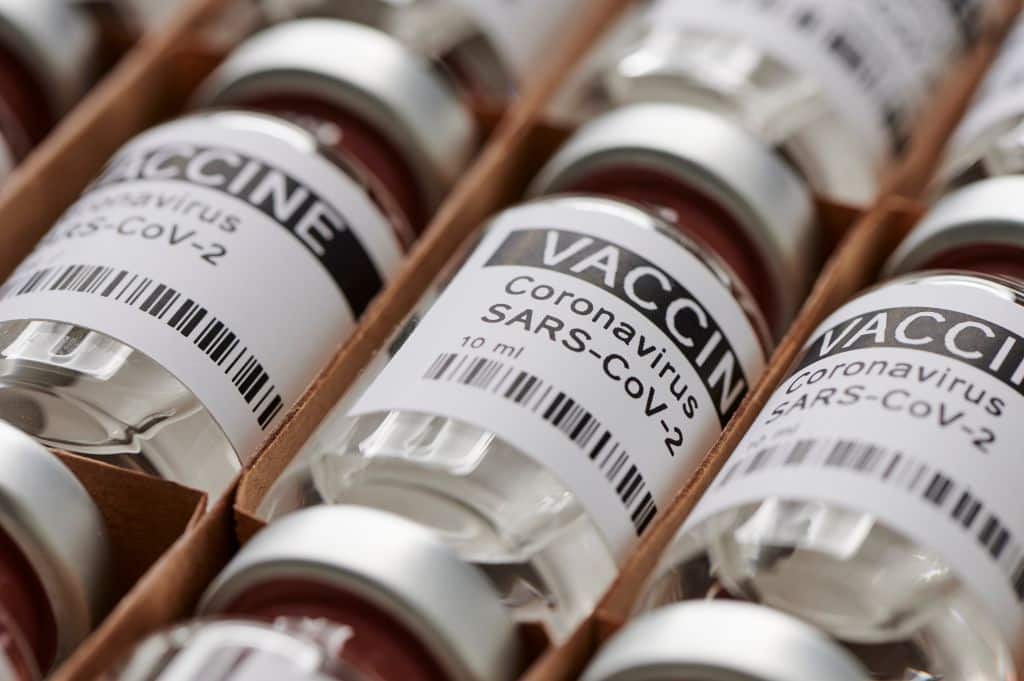Novavax, Inc. has been given emergency use authorization (EUA) by the U.S. Food and Drug Administration (FDA) for its adjuvanted, protein-based COVID-19 shot.
Branded Nuvaxovid and Covovax outside the U.S., Novavax’s vaccine is already approved for use in several countries worldwide, including the EU, U.K., Canada, Australia, South Korea and India.
During public health emergencies, like the COVID-19 pandemic, the FDA can issue EUAs for unapproved medical products when there are no available alternatives to treat or prevent serious or life-threatening diseases. For COVID-19 vaccines, the FDA judges whether the potential benefits outweigh the known and potential risks of the vaccine.
The first protein-based COVID-19 vaccine for the U.S.
After meeting the FDA’s criteria for an EUA, Novavax’ vaccine can be administered as a two-dose primary series, three weeks apart to individuals 18 years or older. Novavax provided data from its ongoing study in the U.S. and Mexico, which showed 90.4% efficacy in preventing mild, moderate or severe COVID-19 among the 17,200 participants that received the vaccine. For those 65 years and older, the vaccine was 78.6% effective.
Stanley C. Erck, President and Chief Executive Officer of Novavax, said that the authorization “provides the U.S. with access to the first protein-based COVID-19 vaccine. [It] reflects the strength of our COVID-19 vaccine’s efficacy and safety data, and it underscores the critical need to offer another vaccine option for the U.S. population while the pandemic continues.”
This marks the U.S.’s fourth COVID-19 vaccine, following those from Pfizer-BioNTech, Moderna and Johnson & Johnson. Earlier this week, the U.S. government secured 3.2 million doses of the Novavax vaccine.
Adjuvants and vaccines
The vaccine was created using Novavax’ recombinant nanoparticle technology. It is a protein-based vaccine — vaccines that use viral protein fragments produced in the lab — consisting of an antigen derived from the SARS-CoV-2 spike protein and an adjuvant derived from saponin extracts from the bark of the soapbark tree. Saponins are known to possess antimicrobial properties.
Adjuvants are commonly used in vaccines to enhance the immune response of the vaccinated individual, eliciting robust and long-lasting protection. They come in many forms, from aluminum salts to lipid nanoparticles. Other authorized COVID-19 vaccines that contain adjuvants include those from Pfizer-BioNTech, Moderna, Valneva (which contains two adjuvants) and China’s Sinopharm.

